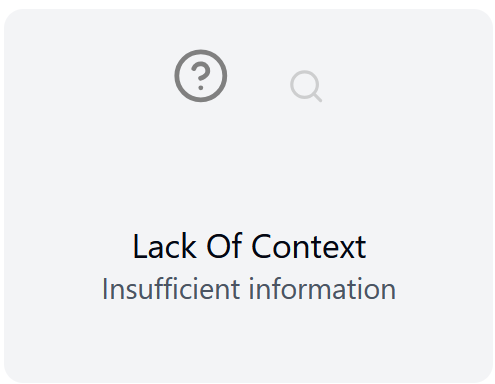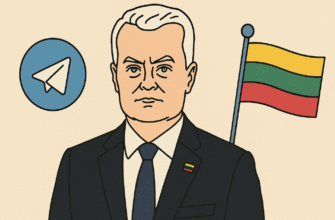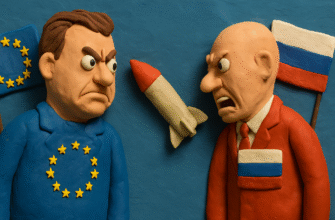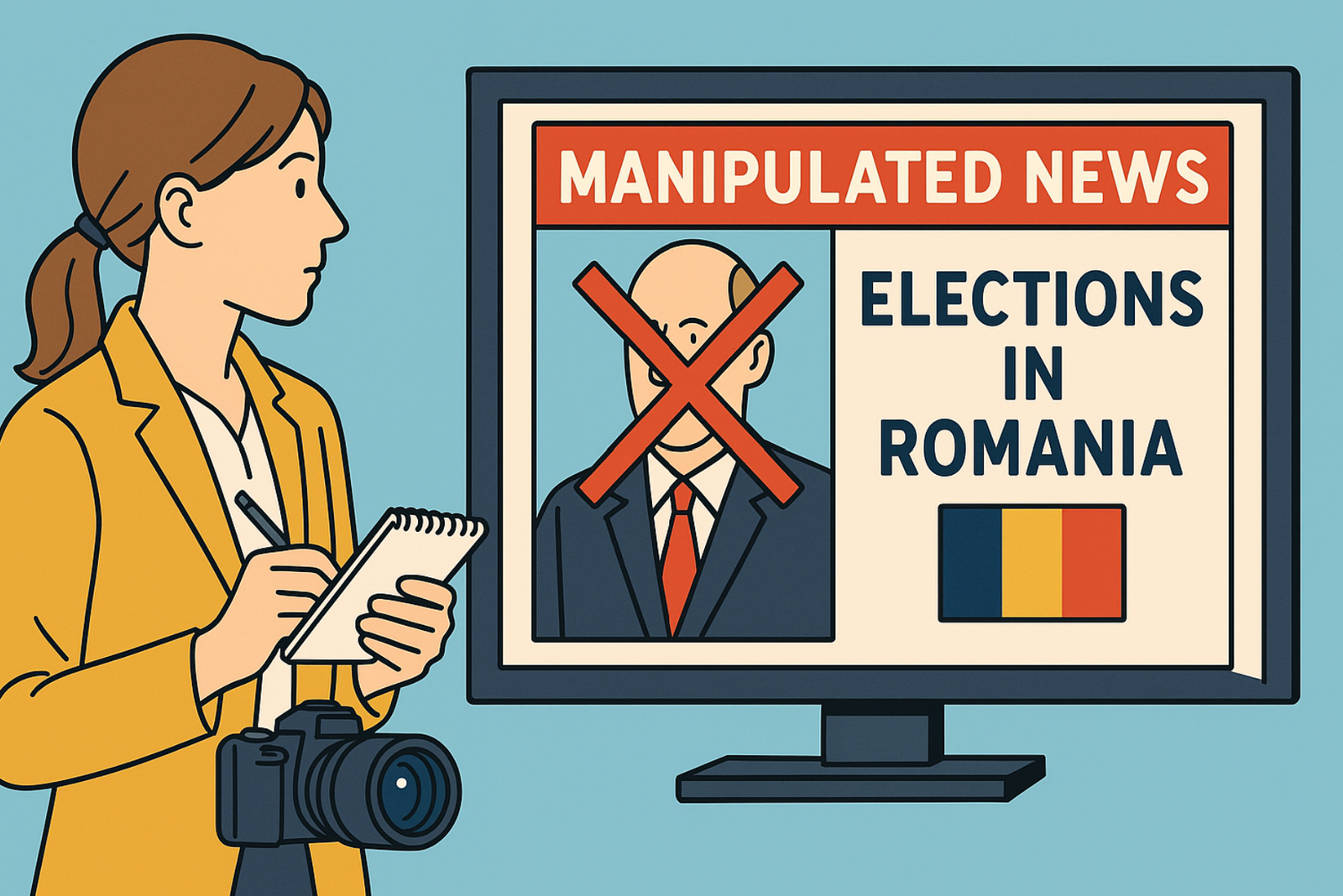On November 28, 2024, Major General Pavel Muraveyko, Chief of the General Staff of the Armed Forces of the Republic of Belarus, stated on a YouTube channel:
France aspired to join NATO and eventually did so. De Gaulle was invited to the Soviet Union for a military exercise that demonstrated the capabilities of landing operations with powerful fire strikes. He asked the Secretary of the Communist Party of the USSR a question: could such a scenario happen in France, where paratroopers would suddenly seize a critical foothold? They said yes. After that, De Gaulle withdrew from NATO’s military branch and remained only in its political structure. Thus, Russia hints that one should not play with a country that has endured more than one war and borne the hardships and deprivations that not every nation can withstand.
Official version from the French Ministry of Foreign Affairs:
France and NATO
Our verdict based on the conducted analysis:
Verdict: Incorrect
Reasons:
- Cause-and-effect relationships claimed do not exist as stated.
- The alleged quote is fabricated; the individual never said anything similar or remotely close.
- The claimed event is fictional and never occurred.
Full video:
We will conduct an analysis of disinformation narratives and semantic analysis.
The text claims that the West made a historical mistake by entering into conflict with Russia and emphasizes Russia’s resilience in wars.
Appeal to emotions
Historical rhetoric
Creating an image of an enemy
Russia is portrayed as a country that has endured many wars and hardships, creating the image of a strong and resilient nation.
Heroization
Appeal to patriotism
Creating a victim myth
The text contains manipulative elements aimed at creating a negative image of the West and glorifying Russia, which may contribute to disinformation and intensify conflict narratives.
Historical mistake of the West
Russia’s influence
NATO and France
In 1966, under President Charles de Gaulle, France withdrew from NATO’s integrated military structure while retaining membership in the alliance’s political organization. The main reasons for this decision included:
- Desire for national sovereignty: De Gaulle sought to restore France’s full control over its armed forces and territory, believing participation in NATO’s integrated military structures limited national sovereignty.
- Dissatisfaction with US and UK dominance: France felt marginalized in the alliance, where key decisions were predominantly made by the US and the UK. De Gaulle’s proposals for equal tripartite leadership in nuclear strategy were rejected, increasing his dissatisfaction.
- Desire to develop independent nuclear forces: France aimed to develop its nuclear capability independently and did not want to rely on foreign nuclear weapons stationed on its territory. De Gaulle refused to allow foreign nuclear arms in France and began building a national nuclear program.
- Concerns about automatic involvement in conflicts: French leadership feared that participation in NATO’s military structures could automatically involve the country in conflicts initiated by other alliance members, particularly the US. This concern grew after events like the 1956 Suez Crisis and the Vietnam War.
As a result, on February 21, 1966, France officially announced its withdrawal from NATO’s military organization, requiring the evacuation of all foreign military bases and headquarters from its territory. Full control over the armed forces was restored on July 1, 1966, and French representatives left NATO’s permanent military committee on October 6 of the same year.
Despite leaving the military structure, France remained an active member of NATO’s political organization and continued to cooperate with the alliance at the political level. In 2009, France fully rejoined NATO’s integrated military structure.










